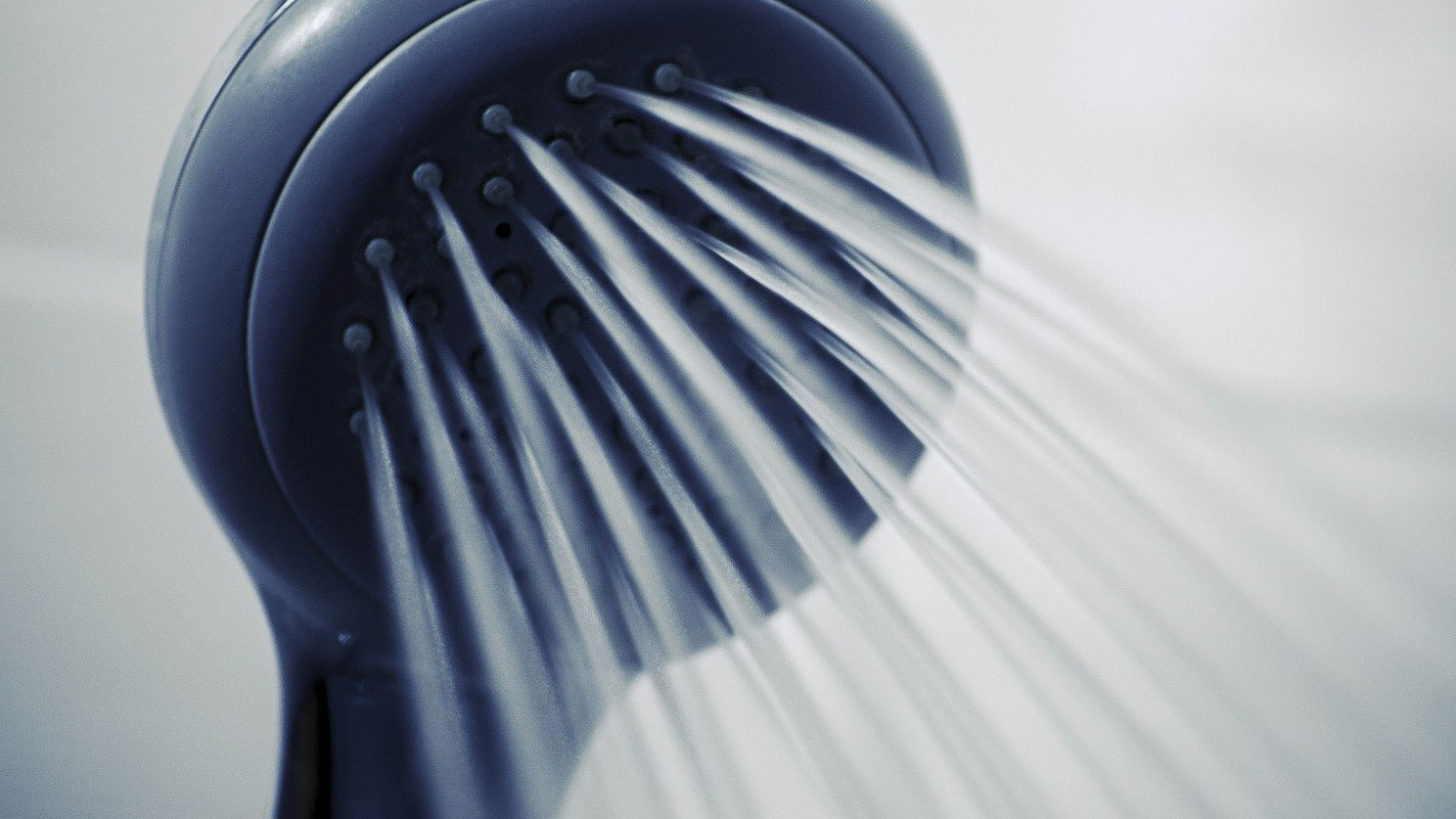Legionella rapid test for safe drinking water
The joint project LEGIOPLAS, funded by the German Federal Ministry of Education and Research (BMBF), is developing a mobile measurement system for on-site analysis of Legionella contamination in drinking water.

Legionella are dangerous germs in drinking water that can be inhaled when showering or washing hands and can cause flu-like symptoms, in the worst case up to pneumonia. Especially the warm water pipes in buildings offer Legionella ideal conditions.
Whether and in which concentration Legionella are present in the drinking water can, according to the specifications of the German (in the future: European) Drinking Water Directive, so far only be tested with a laboratory test, the evaluation of which takes up to three weeks. The project partners in the BMBF project “LEGIOPLAS” want to close this control gap - with the development of a mobile measuring system for the rapid detection of legionella, which is used directly at the drinking water installation.
The measuring system is based on so-called surface plasmon resonance (SPR) spectroscopy, which is to be realized as a robust, reliable and miniaturized on-site spectroscopy. The core is a nanostructured metallic sensor surface. The Legionella bacteria bind to this surface via special DNA structures (aptamers) according to the lock-and-key principle. During the binding process, the optical properties of the sensor surface change, which is permanently monitored by an opto-electronic detection system. If a change in the optical behavior, for example the transmission signal, is registered, this can be used to infer the presence of Legionella.
The aptamers - three-dimensionally folded DNA strands - are of particular importance as molecular recognition structures on the sensor surface. In contrast to commercially available antibodies, all Legionella species can bind to some of the aptamers. Other aptamers, in turn, are designed to detect specific Legionella subspecies that can cause various diseases.
Thus, in the future, the system will provide immediate information about Legionella contamination and the presence of disease-associated Legionella in the drinking water system, so that countermeasures can be taken without delay, if necessary.
About Legioplas
The LEGIOPLAS network (project title: “Mobile measuring system with plasmonic aptamer sensor chip for on-site analysis of Legionella contamination in drinking water installations“) is being funded for three years until the end of September 2024 by the German Federal Ministry of Education and Research as part of the initiative “Photonic methods for detecting and combating microbial contamination“ in the funding program “Photonik Forschung Deutschland“. Project partners are ECH Elektrochemie Halle GmbH, PREMA Semiconductor GmbH, GeSiM Gesellschaft für Silizium-Mikrosysteme mbH, Dresden Elektronik Ingenieurtechnik GmbH, the Fraunhofer Institute for Ceramic Technologies and Systems IKTS and the Fraunhofer Institute for Cell Therapy and Immunology with the Institute Department Bioanalytics and Bioprocesses IZI-BB as well as the consiliary laboratory for Legionella in the Institute for Medical Microbiology and Virology at the University Hospital Carl Gustav Carus Dresden.